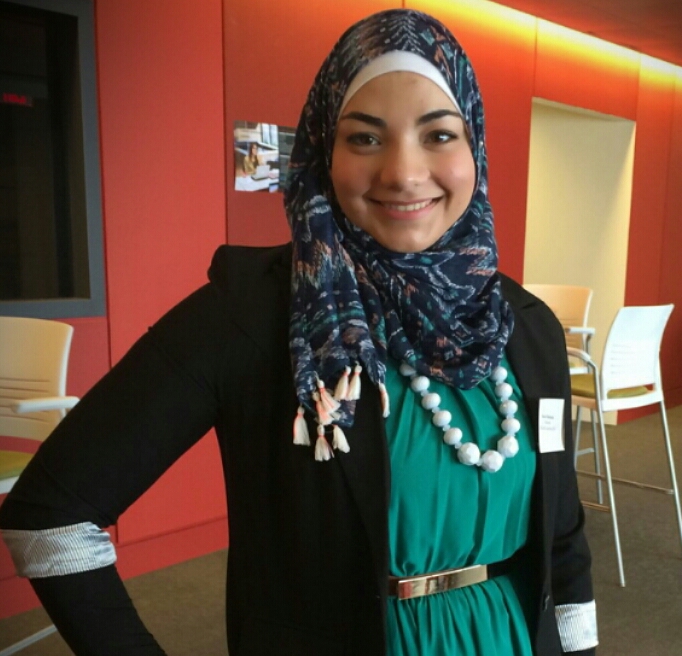Celebration of Scholars
"Have you found yourself now?" Mahmoud Darwish's Search for Identity in Occupation and Exile
 Name:
Manar Mohammad
Name:
Manar Mohammad
Major: English
Hometown: Kenosha
Faculty Sponsor:
Other Sponsors:
Type of research: Senior thesis
Abstract
Mahmoud Darwish, a Palestinian contemporary poet, wrote his poetry as an activist poet who strived to locate his identity following the occupation of Palestine and his life in exile. He modernized traditional Arabic poetry to understand the voice of the “new” Palestinian, one whose identity is a mixture of both pre-war Palestine and post-war Palestine. Darwish aimed to show the realness of Palestine by unwinding the idea that it is a myth told by Western colonizers. A key theme present throughout the paper is the question of identity, particularly one’s identity after exile and during life under occupation. I argue that Darwish’s poetry speaks for the Palestinian "Other", a figure created and controlled by Western colonizers. This analysis employs a postcolonial perspective reading of the poems, particularly Edward Said’s Orientalism, that views Darwish as a writer who becomes the voice of the Palestinian resistance during a time when life under colonization demanded one. Said's Orientalism is key in addressing Darwish's voice as the Palestinian "Other." For Darwish's aim to dispel the myth of Palestine, reaching the West is essential in showing the Palestinian struggle and shedding light on a people's desire to live in freedom.
